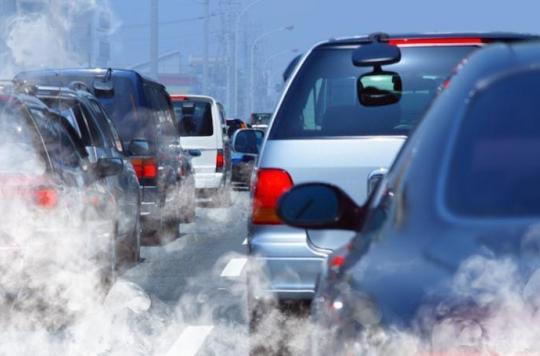If cities met World Health Organization (WHO) standards for air pollution, the health and economic benefits would be substantial: life expectancy at age 30 could increase from 3.6 to 7.5 months according to the city, nearly 360 cardiac hospitalizations and more than 630 respiratory hospitalizations could be avoided. In total, that would be 9 billion in savings per year. This is what emerges from a study carried out in nine French cities (1) which participated in the Aphekom project. Published by the National Institute for Public Health Surveillance (Invs), the study shows that all cities have particulate matter and ozone values higher than the WHO guideline values.
(1) Bordeaux, Le Havre, Lille, Lyon, Marseille, Paris, Rouen, Strasbourg and Toulouse
.














